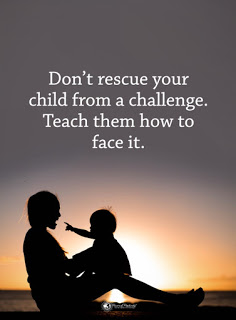I know it’s not easy sitting on the sideline watching your sweet child underperforming, frozen, slicing and dicing on their shots instead of playing like they’ve been taught, pouting, crying, throwing tantrums on the court that throw your emotions in a tailspin.
As difficult as it is to watch, your interaction whether directly right after the match or indirectly while watching the match, makes a huge impact on your child’s mindset.
Here are 3 focuses to be aware of:
#1. What are you going to focus on? Competition is uncomfortable at any level. Not only do athletes get nervous but so do parents. It is a natural reaction. It’s not whether you are going to get nervous or not, it’s what you are doing when it happens that matters. If you find yourself criticizing, judgemental, complaining, commentating excessively, you should walk away, All that nervous energy and stress will be transmitted to your child even if you are 5 courts away. They don’t need the extra stress and pressure. Should you decide to stay, watch for improvements and accept that errors both silly and otherwise are a big part of the development.
#2. Are you focusing on the things that are within your control? You can’t control the errors and winners on the court. Or the bad line calls and cheating on the court. All of these mishaps will send your heart rate over the top. Understand that mishaps and undesirable behavior from the opponents are tests to your child’s mental strength and character. As long as your child is not in any danger, it’s good for them to learn to handle the situation. What you can do is stay calm and reassure them by staying positive.
#3. Are you focusing on the rearview mirror, in the now, or in the future? If you want your child to focus more on being positive then you also must practice staying positive. It’s easy to get emotional after a poor performance. You know what? Your child knows it too. This is critical in how parents approach this situation when the emotions are at its peak. Dwelling on mistakes and errors and mess-ups lead to the player shutting down and afraid to try things. Tennis is an open skill sport whereby learning and creativity come from trials and errors. Address the issue then let it go and move on. Focus on resetting their mindset and reinforce the importance of courage to keep trying. Failing is part of the journey. Messing it up is part of growth.
Thank you for reading. Please email your question to [email protected]
– Patricia –



